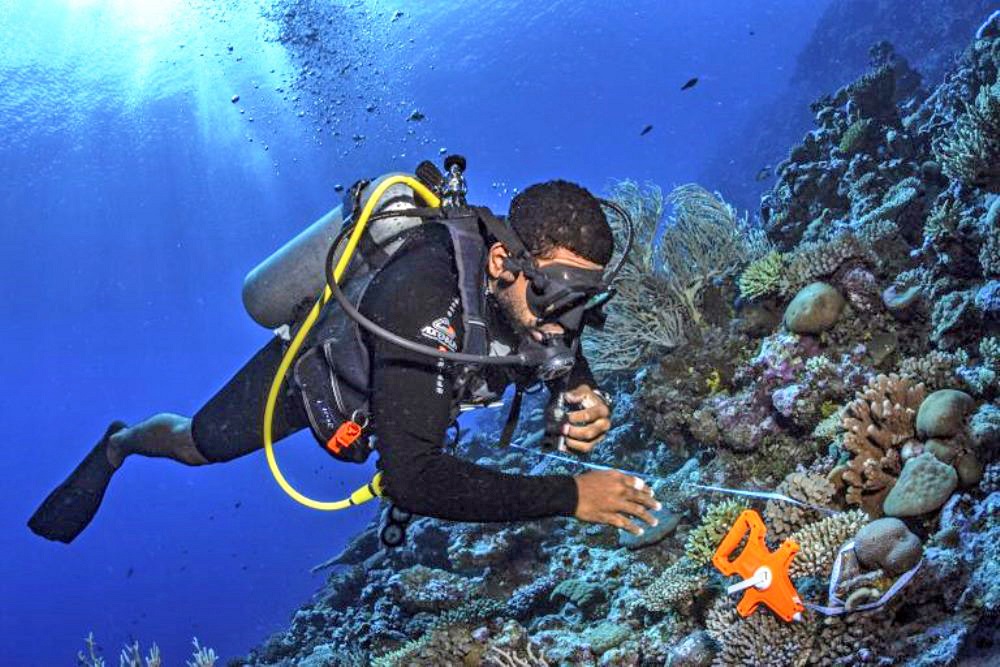Fiji’s commitment to sustainably manage its oceans through seascapes will deliver on Fiji’s targets, such as the Convention on Biological Diversity, says Environment Ministry permanent secretary Joshua Wycliffe.
He said it should be delivered through Fiji’s National Biodiversity strategy and Action Plan that would provide a foundation for economic growth.
“It will provide a foundation for future economic growth in Fiji that is prosperous, and balances protection of nature with sustainable production within the economy,” Mr Wycliffe said.
“By 2030, the decline of biodiversity and ecosystems could cost around $US2.7 trillion (approximately $F5.71 trillion) annually or 2.3 per cent of global gross domestic product.”
He said through the TCFD (Task force on climate related financial disclosures) format companies report on carbon emissions.
“Biodiversity related risks are not easy to measure as climate change, metric like carbon emissions, it is important that they are regularly identified, assessed and disclosed by businesses through processes like EIA.
“This begs for the need to reframe the impact of nature related risks on financial performance of businesses. “Businesses need to assess the biodiversity loss footprint left on the spaces from where they operate.”
Mr Wycliffe said it was critical to note Fiji’s wealth of biodiversity that was found nowhere else in the world.
“Many of the species that will be discussed in the seascapes symposium are newly discovered and the focus of ongoing research is to improve our understanding of our natural ecosystems and their interconnections.
“Sadly we hear also of species that are critically endangered are now known as locally or nationally extinct.”
He said Government was working closely with partners to address these threats to our biodiversity and support species recovery in alignment with economic growth and community benefits.



